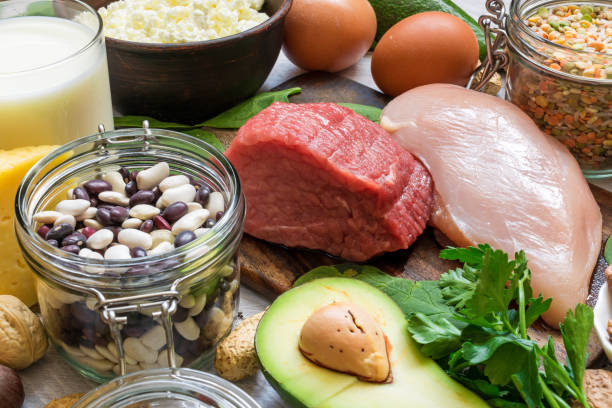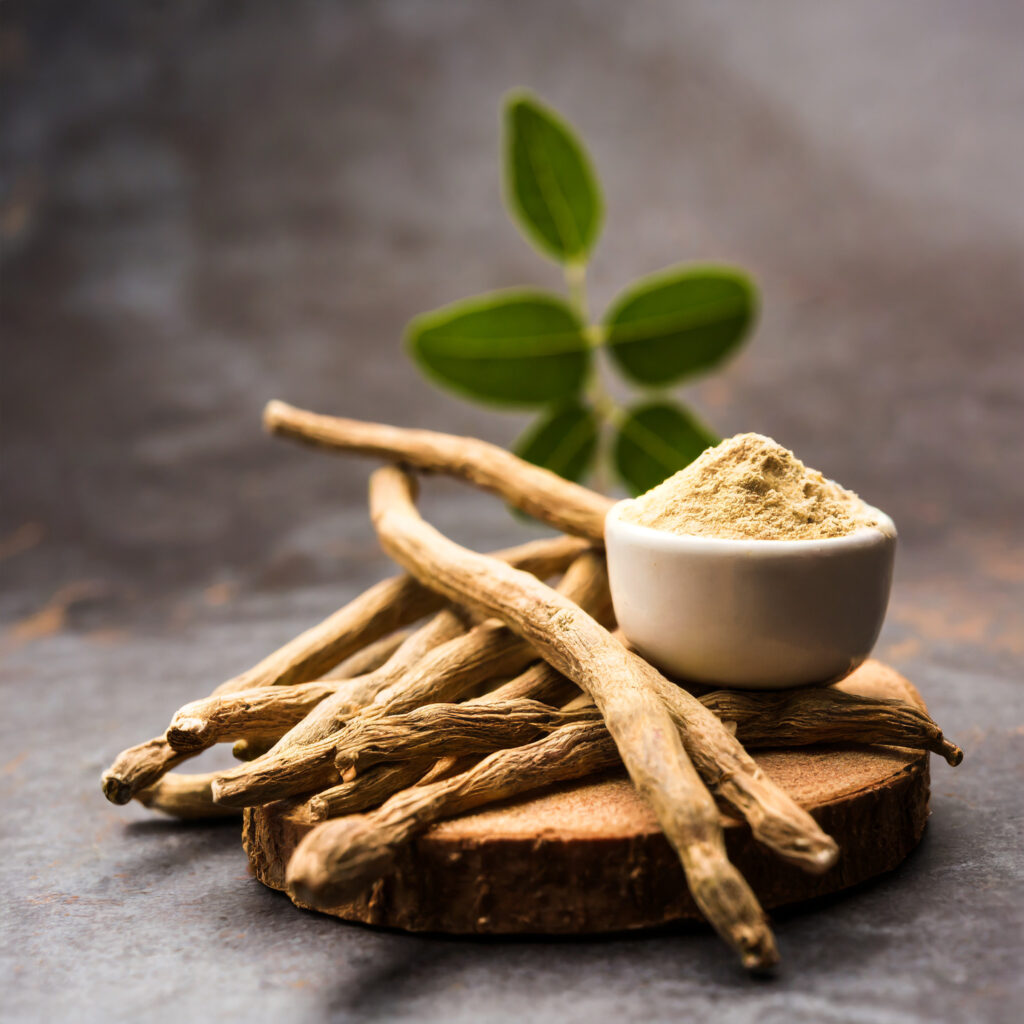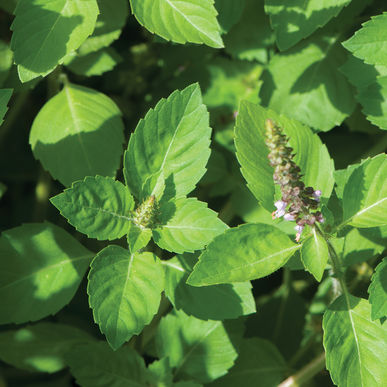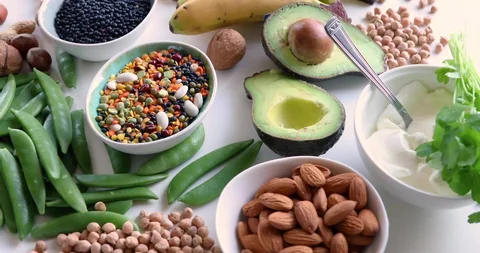Last week I shared some herbs that may be supportive in more acute anxiety situations, including insomnia. We all want (immediate) relief when we are suffering with pain, whether it be physical or emotional! But with complex mental conditions such as anxiety, there is almost always more to them than meets the eye, and simply managing symptoms – whether with herbs or something else – may be like slapping a bandaid on a gushing wound. We always want to try to get to the root(s) of the issue to hopefully improve it in the longer term. With that in mind, today I’d like to share just a few things to consider if you are suffering from anxiety. Obviously I am an herbalist, not a therapist, and it goes without saying that this does not constitute medical nor psychological advice. Please seek the additional care that you need for full support!
Nutrition
Everyone’s nutritional balance can get out of order sometimes. Life circumstances, finances, vacation or travel, etc. may lead to a less-than-perfect diet. We’re all just doing the best we can with what we’ve got and genetics and illness can also have a big effect on vitamin and mineral levels. For all of these reasons, sometimes it’s helpful to supplement to get levels back to where they need to be. Here are a few possible “culprits” in anxiety nutrition:
Magnesium
You may have already heard about magnesium as it is an “everything” mineral that our bodies need for so many essential functions. Read more about it here or here. It has also been shown to be supportive in anxiety, likely because of the role it plays in lowering cortisol and balancing neurotransmitters. (Source)
Vitamin B6 & B12

These two B vitamins are another common deficiency that people are often unaware of. B vitamins are water-soluble, meaning we urinate them out and don’t store them longterm in our bodies like some vitamins, so low dietary intake may be noticeable. There are also many genetic, lifestyle, and disease conditions that result in especially low levels, such as MTHFR mutations, IBD/IBS illnesses, pernicious anemia, and persistent use of alcohol or heartburn medications. Low B12 in particular may result in many issues including anxiety. There is much research to support both B6 and B12 supplementation aiding in anxiety improvement!
Vitamin D

Another very common deficiency that can wreak havoc on our mental health is Vitamin D, particularly in the darker months of the year. The majority of this fat-soluble vitamin is made by our skin in response to sunlight, so people who live in darker climates and those with more melanin can particularly struggle to keep up their levels. There are also numerous genetic, disease, and drug causes of low Vitamin D. This is a simple one to have checked through blood work by your doctor to determine if supplementation is needed. I particularly like liquid drops as it is easy to modify your dosage and is quickly absorbed.
Stress
We all have stress, but some seasons of life bring us more than others, and sometimes we don’t manage it as well as others. There are many lifestyle and self-care strategies to implement if this is the root of your anxiety and I won’t delve into them here. Herbal support can also be a part of your plan for long-term stress management!
Ashwagandha

This amazing herb has been getting a lot of recognition recently, and with good reason. Read in depth about it here. I have found Ashwagandha helps keep me emotionally “level” when taken consistently. It has been shown to reduce cortisol levels – our primary “stress hormone” – supporting restful sleep and mental balance, but is not a “one-off” herb to help with acute symptoms – to be effective it needs regular, daily use.
Holy Basil (Tulsi)

I have often said that if I were stranded on a deserted island, this is one of the herbs I would want to have with me. Tulsi has far too many benefits to cover in this article, but you can read more about it here. Similarly to Ashwagandha, holy basil has been shown to reduce stress hormones and subjective stress, resulting in better quality sleep and a sense of well-being. Unlike Ashwagandha, Tulsi can be more immediately effective and makes a tasty tea. I find that it helps me to feel like I can manage stress far better, and if I go without it for a few days there is a dramatic difference in my response to even small stresses!
Hormones & Sleep
There may often be a “vicious cycle” relationship between anxiety, sleep, and hormones that can be difficult to untangle. Being anxious makes it hard to sleep, which can disrupt hormone balance, which can make you feel more anxious. Or, you’re in a phase of life where your hormones have shifted (females and males!), so you feel anxious and don’t sleep as well, and so on. If your root causes involve hormones, working with a clinical herbalist may be helpful as these issues can be quite complex. There are many herbal supports that have been successful in improving hormone balance and aiding more complete, restful sleep, including those mentioned here and in my previous blog. One of my personal favorite products is Women’s Calmpound Formula, for hormone balance, stress, and sleep support all in one.
Anxiety is a complex and challenging issue to tackle, whatever your circumstances or root causes. Hopefully this blog has given you some possibilities to pursue in your healing journey. We are here in the shop 7 days a week to further assist you!
The post Herbal Support for Root Causes of Anxiety appeared first on Smile Herb School.














